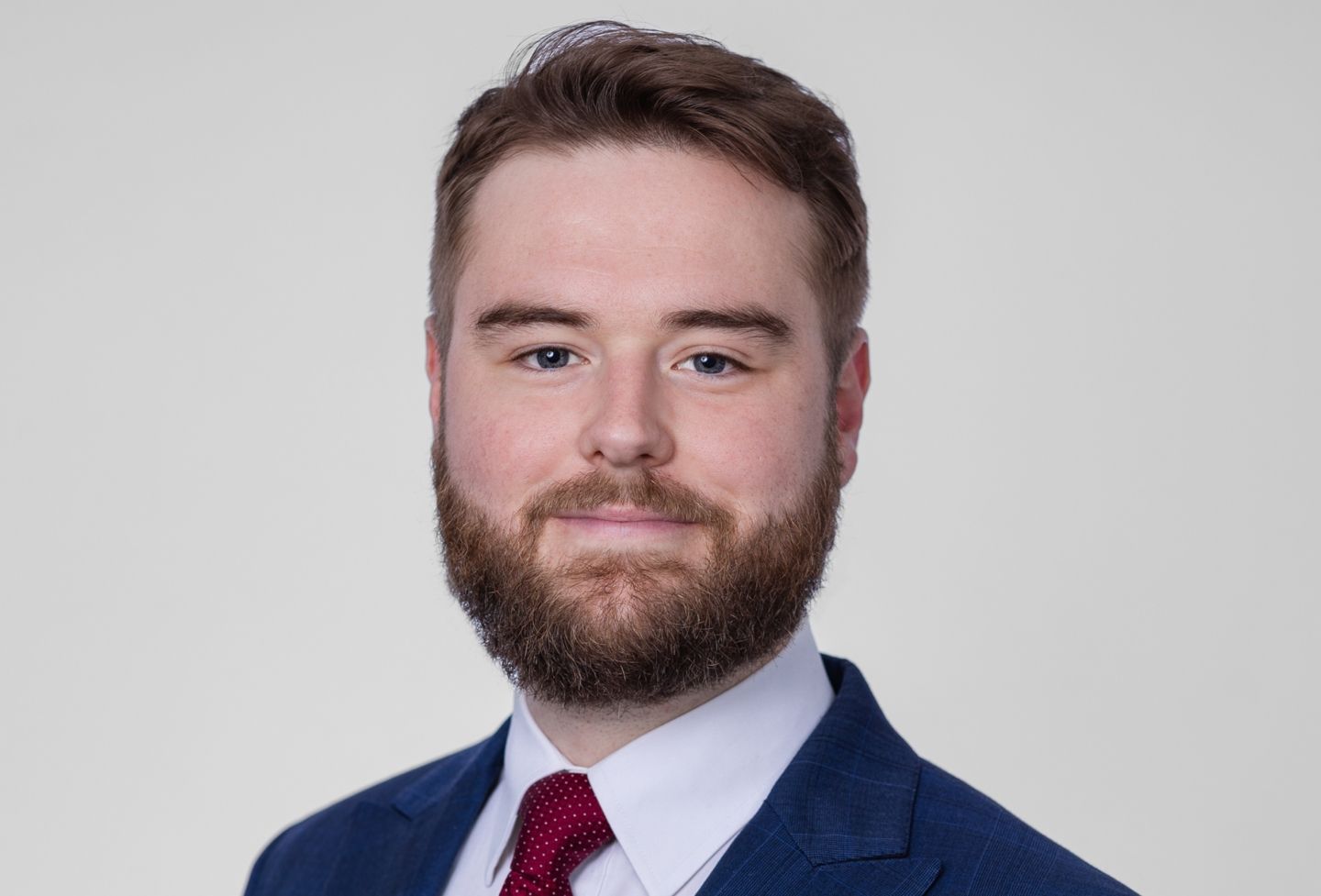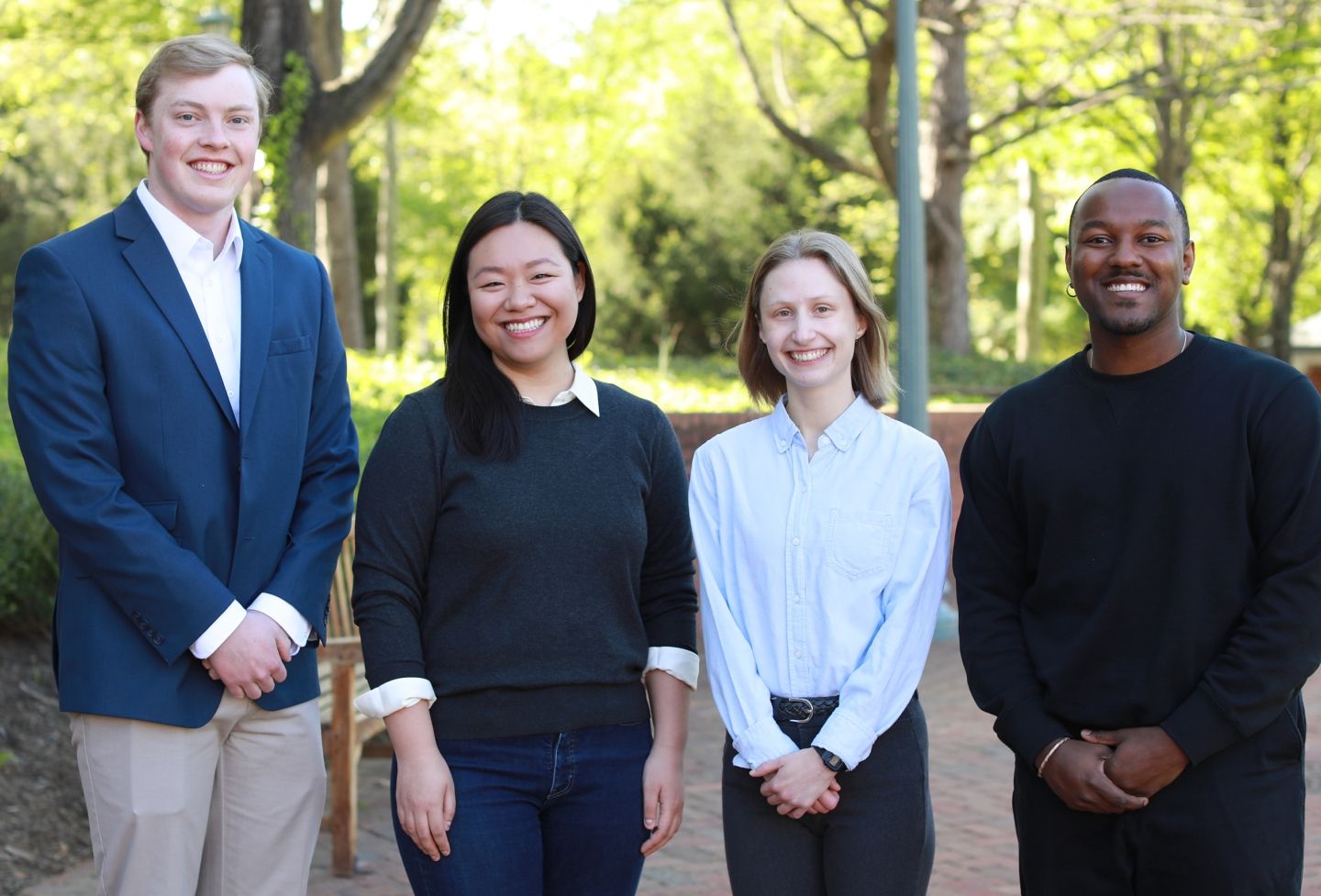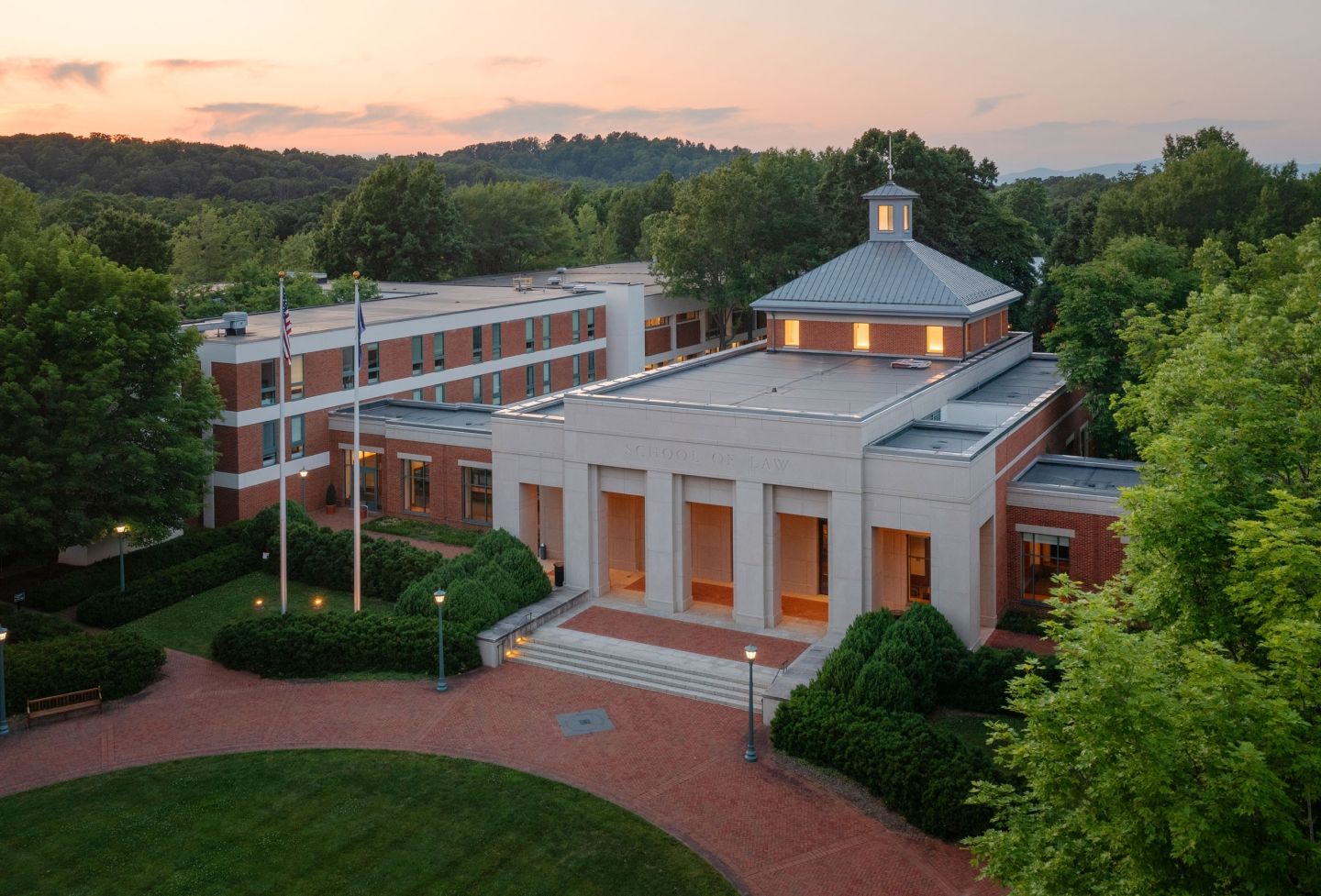Robin Freeman: Cambodia’s Disabled May Soon Be Protected by Law, If in Name Only
It’s hard to fight a nation’s ingrained attitudes about disabilities when they are tied to religious beliefs, third-year law student Robin Freeman learned in Cambodia.
As Buddhists who ascribe to karma, “they believe that all people with disabilities have disabilities for a reason,” she said. “It’s hard to challenge an argument that’s based on a religious belief held by the entire population.”
Cambodia has one of the highest rates of disability in the world because of poverty, injuries from war and conflict, and motorcyclists who don’t wear helmets, she explained.
“Right now there are no legal protections at all for persons with disabilities,” said Freeman, who is also working on her master’s degree in public health.
The Cambodian government is trying to get a domestic draft disability law passed, and is considering ratifying the U.N. Convention on the Rights of Persons with Disabilities, to which it is a signatory.
But the law and the Convention’s protections for the disabled do not match exactly, so “it’s unclear what exactly will happen if they ratify the Convention and also pass this draft law.”
The NGO representatives Freeman talked to hope some protections are added for the nation’s disabled. “They don’t really care about the inconsistencies too much because they just need some sort of leverage in some form.”
But even if protections are established, corruption is so rife and the social stigma against the disabled is so strong, it’s unclear whether a law will change anything in regards to discrimination and access to services like health care or transportation.
“Laws are not considered that important in Cambodia. They’re just not taken too seriously in most cases.”
Freeman concluded that Cambodia should both ratify the Convention and pass the draft domestic law, despite their inconsistencies. Cambodia will not be in violation of the international Convention as long as it actively works towards amending the domestic law to be in full compliance.
“The current legal scheme protecting people with disabilities is essentially nonexistent,” she said. “By passing the domestic law and ratifying the Convention, the Cambodian government can prove that this is an issue it takes seriously and can begin to use these legal protections to bring about societal change and acceptance.”
Freeman said she found the process of organizing the research trip very rewarding and “unlike any other academic experience I’ve ever had.”
- Kathleen Doherty: Indigenous Education Gets Help from NGOs
- Kathleen Ho: More Measuring Needed to Determine Microfinancing’s Societal Success
- Guillermo Jover-Cataldi: With New Law, Land Rights Issues Present Complex Picture
- Dana Jupiter: Blurry Lines in Monitoring Sex Trafficking
- Pamela McElroy: Access to Citizenship Tough for Vietnamese Residents
- Gabriel Walters: Khmer Rouge Tribunal May Not Offer Justice for All
- Zach Williams: Criminal Defendants’ Right to Counsel Hurt by Lack of Lawyers
Founded in 1819, the University of Virginia School of Law is the second-oldest continuously operating law school in the nation. Consistently ranked among the top law schools, Virginia is a world-renowned training ground for distinguished lawyers and public servants, instilling in them a commitment to leadership, integrity and community service.


